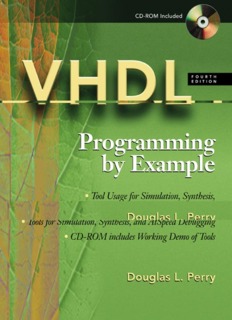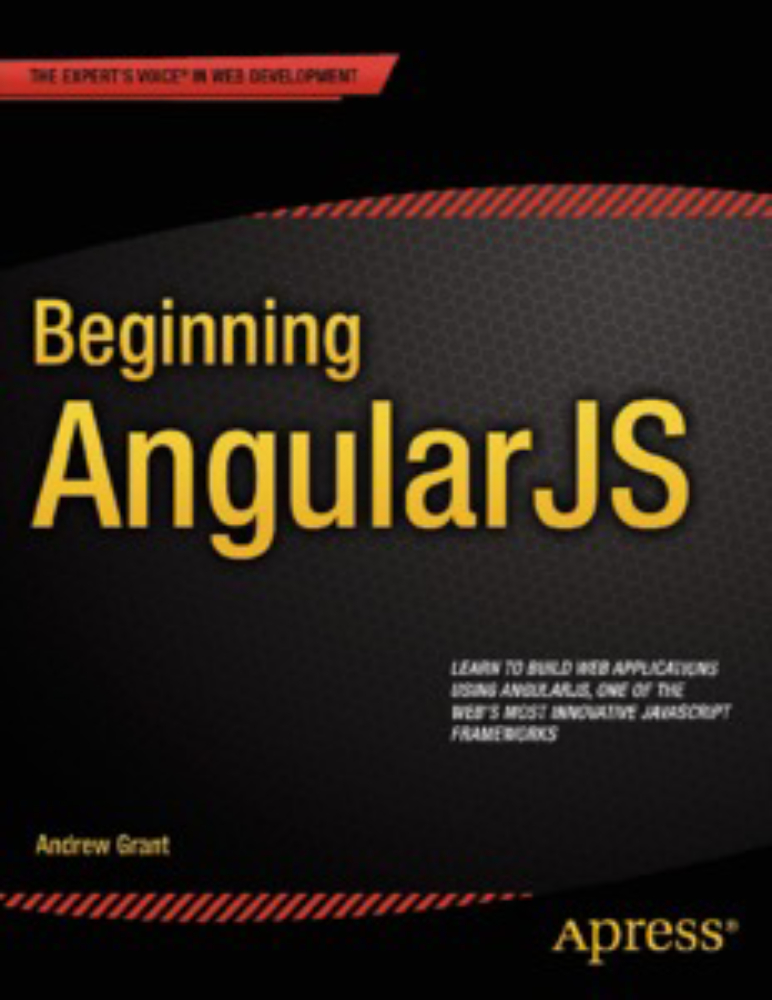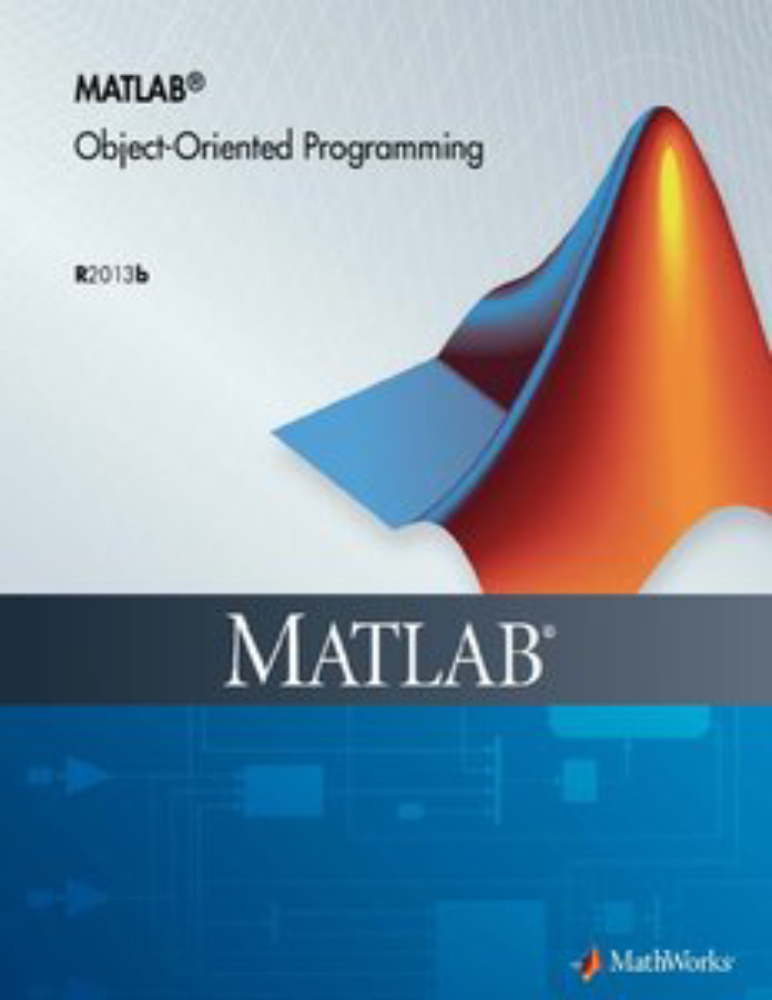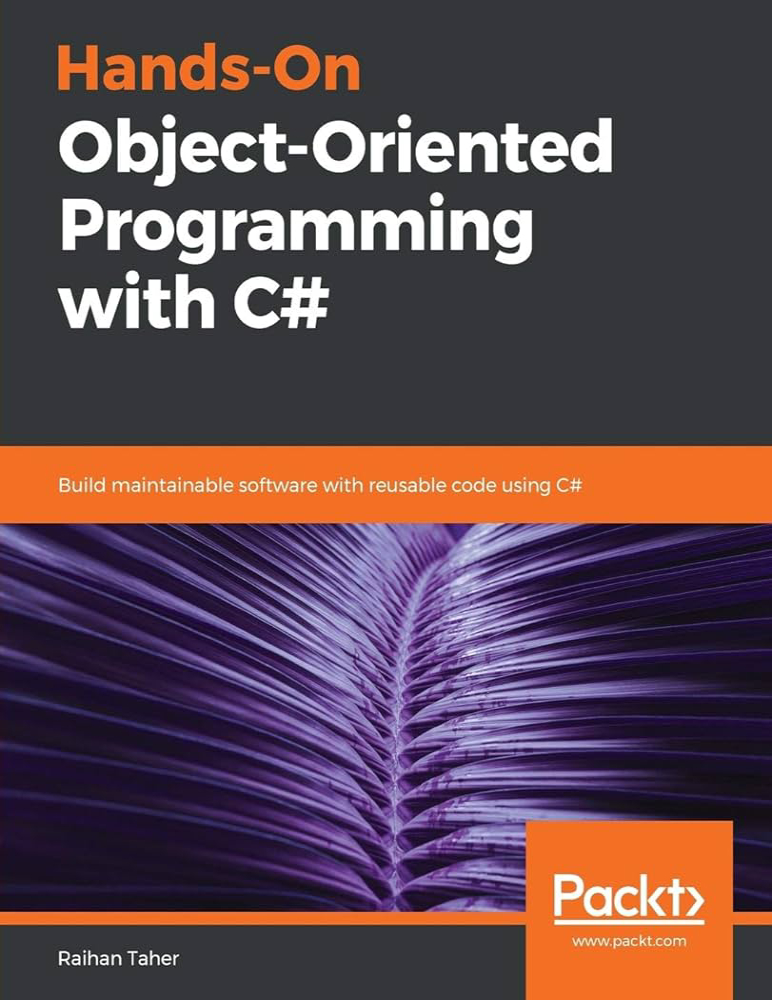Description
Unlock the full potential of hardware description with “VHDL Programming,” an essential eBook for both beginners and experienced engineers. This comprehensive guide provides a thorough introduction to VHDL (VHSIC Hardware Description Language) and its application in digital design. Whether you’re designing simple circuits or complex systems, this book offers the knowledge and tools you need to excel in VHDL programming.
Key Features:
- Introduction to VHDL: Gain a solid foundation in VHDL, including its history, purpose, and advantages. Learn about the fundamental concepts and the role of VHDL in digital design and simulation.
- Getting Started with VHDL: Set up your development environment and learn the basics of VHDL syntax and structure. Understand the components of a VHDL program, including entities, architectures, and configurations.
- Data Types and Operators: Explore the various data types and operators available in VHDL. Learn how to use scalar types, composite types, access types, and file types to represent and manipulate data.
- Concurrent and Sequential Statements: Master the difference between concurrent and sequential statements in VHDL. Understand how to use processes, signal assignments, and variables to model digital systems accurately.
- Design Units and Libraries: Delve into the modular nature of VHDL design units, including entities, architectures, packages, and libraries. Learn how to create reusable code and manage large projects effectively.
- Behavioral, Dataflow, and Structural Modeling: Understand the different modeling styles in VHDL. Learn how to describe the behavior of digital systems using behavioral, dataflow, and structural descriptions.
- Finite State Machines (FSMs): Learn how to design and implement finite state machines in VHDL. Explore the principles of state transitions, state encoding, and synchronous and asynchronous FSMs.
- Synthesis and Simulation: Discover the process of synthesizing VHDL code to create hardware designs. Understand the role of synthesis tools, constraints, and how to optimize your designs for performance and area.
- Testbenches and Verification: Develop robust testbenches to verify your VHDL designs. Learn how to write test cases, use simulation tools, and apply verification methodologies to ensure the correctness of your designs.
- Advanced VHDL Features: Explore advanced features of VHDL, such as generics, attributes, configurations, and protected types. Understand how these features can enhance the flexibility and reusability of your code.
- Practical Examples and Projects: Reinforce your learning with practical examples and projects that demonstrate real-world applications of VHDL. Engage with hands-on exercises to apply your knowledge and build functional digital designs.
- Resource Section: Access additional resources, including suggested readings, online tools, and references to further your study of VHDL programming.





Muhammadu –
“VHDL Programming is the definitive guide to this powerful hardware description language. Its comprehensive coverage spans every aspect of VHDL, from basic concepts to advanced techniques. The authors’ lucid writing style and numerous examples make it an indispensable resource for both novice and experienced programmers. Whether you’re just starting out or looking to enhance your skills, this book will provide you with the knowledge and guidance you need to master VHDL.”
Felicia –
“VHDL Programming” provided an exceptional foundation for my understanding of VHDL. Its clear and concise explanations, coupled with practical examples, facilitated my rapid progress in mastering the language. The book’s step-by-step approach and comprehensive coverage of essential concepts empowered me to confidently design and implement digital systems. Its user-friendly writing style and abundance of visual aids made it both accessible and engaging. Highly recommended for anyone seeking a thorough and effective introduction to VHDL.”
Abiola –
“VHDL Programming” is an invaluable resource for anyone looking to enhance their digital design skills. The comprehensive coverage of VHDL concepts, coupled with the practical examples and exercises, provides a structured and engaging learning experience. The clear and concise writing style makes it easy to grasp the fundamentals, while the inclusion of industry-specific examples ensures relevance in the field. I highly recommend this book to students, engineers, and hobbyists seeking to broaden their knowledge of VHDL programming.”
Lubabatu –
“VHDL Programming” is an exceptional resource for anyone seeking to master VHDL. The book’s clear and concise explanations, coupled with extensive examples and exercises, provide a comprehensive foundation for both novice and seasoned engineers. The author’s deep understanding of the subject matter shines through, guiding readers effortlessly through the nuances of VHDL programming. Highly recommended for students, professionals, and hobbyists alike.”